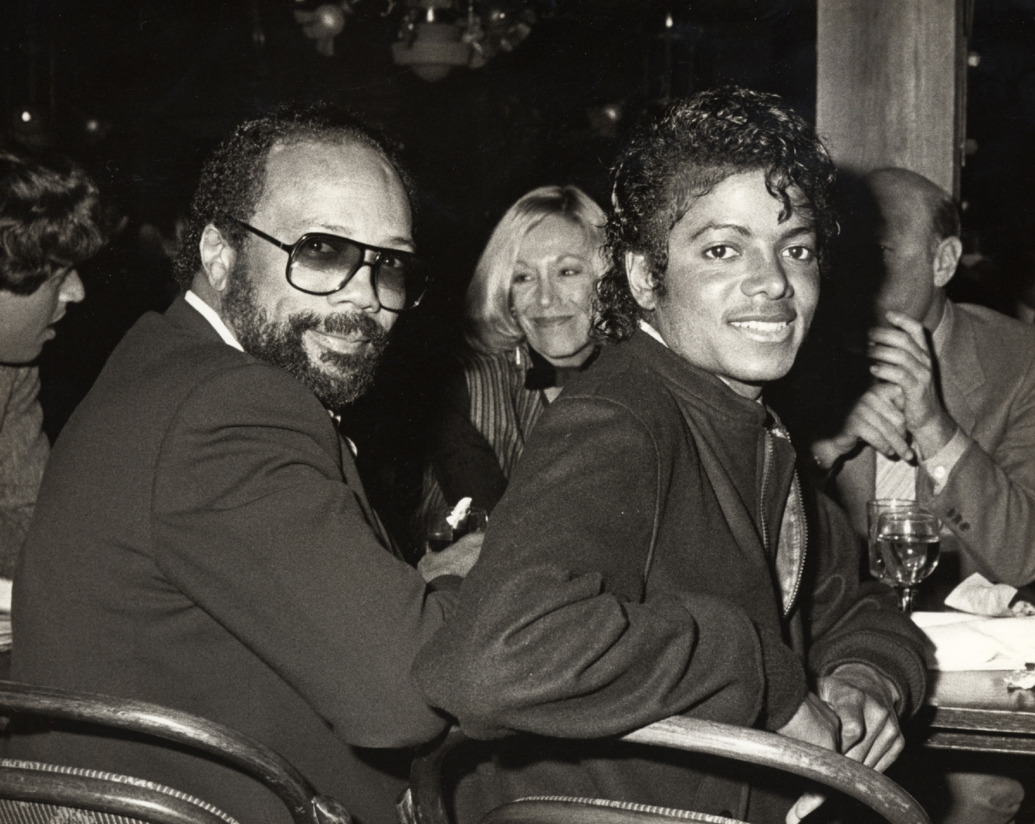Veteran music producer Quincy Jones won his lawsuit yesterday in his dispute over unpaid royalties with the estate of Michael Jackson.
A Los Angeles jury awarded Jones $9.42 million ($9,423,695) in damages, finding that he had been underpaid in royalties for music used in the “This Is It” documentary and two Cirque du Soleil shows.
The verdict is not the entire $30 million that Jones wanted when he first sued in 2013. He claimed a breach of contract, saying that he was unfairly cut out of posthumous deals by Jackson’s estate to feature his music in the 2009 film and the Cirque shows.
“Although this judgement is not the full amount that I was seeking, I am very grateful that the jury decided in our favor in this matter,” Jones said in a statement. “I view it not only as a victory for myself personally, but for artists’ rights overall.”
He added, “This lawsuit was never about Michael, it was about protecting the integrity of the work we all did in the recording studio and the legacy of what we created.”
Howard Weitzman, an attorney for the Jackson estate, called the verdict disappointing and unanticipated. “With jury trials, that’s what happens, you get surprised,” Weitzman said.
In a fuller statement, Jackson estate attorneys Weitzman and Zia Modabber said: “While the jury denied Quincy Jones $21 million – or more than two-thirds of what he demanded — from the estate of Michael Jackson, we still believe that giving him millions of dollars that he has no right to receive under his contracts is wrong.”
They added: “Any amount above and beyond what is called for in his contracts is too much and unfair to Michael’s heirs. Although Mr. Jones is portraying this is a victory for artists’ rights, the real artist is Michael Jackson and it is his money Mr. Jones is seeking.”
Jury foreman, Duy Ngyen, said after the verdict that deliberations were pretty smooth, despite the complex contract language. “Words are fuzzy,” he said.
During the two-week trial, attorneys for both sides quibbled over how to interpret contract language that governed how Jones’ royalties were calculated.
Jones took the witness stand last week — entering the courtroom in a wheelchair — to explain his views on how he was “cheated out of a lot of money” by the Jackson estate. At issue was the interpretation of two contracts for the albums “Off the Wall,” “Thriller,” and “Bad.” Jones’ lawyers contended that his contracts entitle him to significant proceeds from “This Is It,” the backstage concert film released after Jackson’s death, as well as those from two Cirque du Soleil shows.
In handing down their verdict, the jury did not redefine what a “record” is. On the question of whether the Cirque shows or “This Is It” were considered “records,” the jury said no. As to what comprises a “video show” — “This Is It” is applicable, but not the Cirque performances.
Representing the Jackson estate, Weitzman argued that Jackson himself made major contributions to the sound of each song, which rankled Jones, who testified that producers often take the blame for failures while artists get credit for hits.
